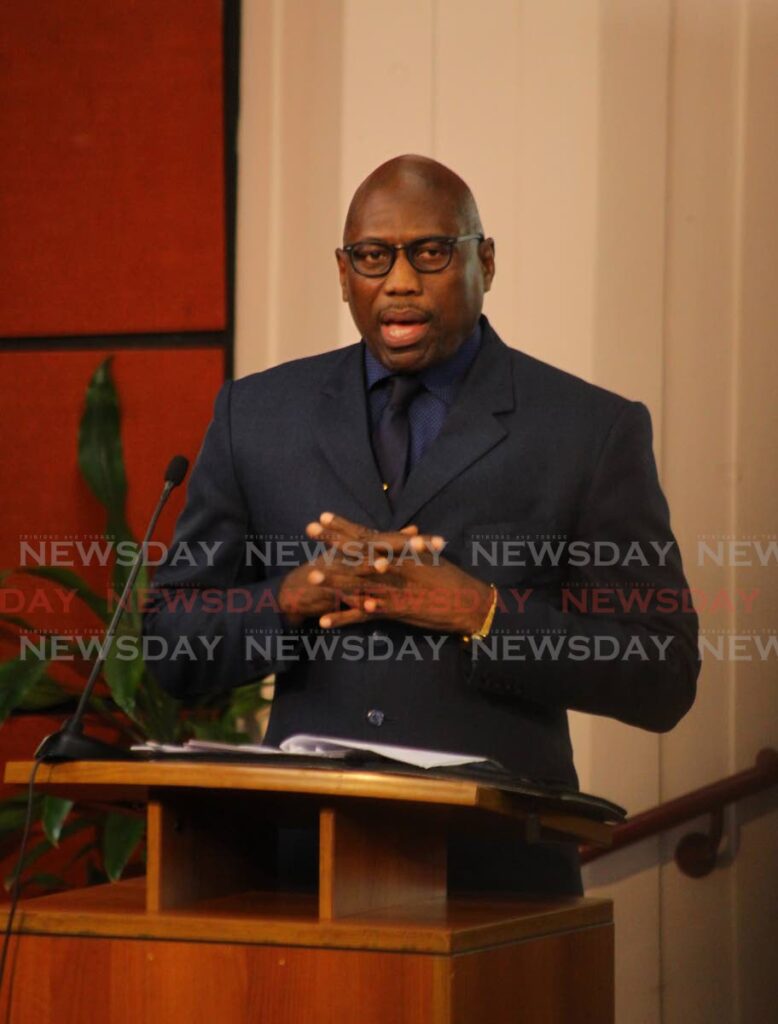

Director of Public Prosecutions (DPP) Roger Gaspard, SC, says his office does not play any role in facilitating bail for individuals charged with criminal offences.
He said this was a function of the Judiciary.
The statement comes after the Prime Minister, during a debate to extend the state of emergency (SoE) on January 13, expressed frustration over the accessibility of bail for persons involved in criminal activities.
Dr Rowley highlighted concerns about the "revolving door" of justice, which, he said, allows suspects to resume illegal activities shortly after being apprehended.
Gaspard said on January 15, “The issue of accessing bail is a judicial function. My office does not facilitate the accessing of bail.” The Judiciary has indicated that it would need time to respond to the prime minister’s statements.
>
Rowley admitted the decision to implement the SoE was reluctant but necessary to address intelligence about potential reprisals following an attempt on the life of a suspected gang leader. He argued that the emergency regulations enabled police to act swiftly without delays.
During the debate, he stated, “In a state of emergency, bail is still so easily available to people who are in fact the problem in this violent criminal society.”
Energy Minister Stuart Young also defended the emergency regulations, asserting they empowered police to combat crime effectively.
The PM previously voiced concerns about the justice system’s approach to bail. In May 2024, he criticised how individuals on bail for violent crimes allegedly continued criminal activities, benefiting from a system he described as favouring offenders over victims.
In 2022, Rowley highlighted the slow pace of justice despite government efforts to provide additional resources and infrastructure to the Judiciary, including funding for new courts and judicial officers.
Chief Justice Ivor Archie, at the ceremonial opening of the 2024/2025 law term, acknowledged the public’s concerns about bail and sentencing.
He said he was contemplating establishing a Judiciary ombudsman to address public grievances and improve accountability.
Archie also emphasised the Judiciary’s commitment to refining its reporting mechanisms and fostering public trust. He acknowledged that while raw data might not always provide a complete picture, stakeholder engagement and ongoing educational initiatives, such as addressing crime and gang dynamics, were key priorities.


